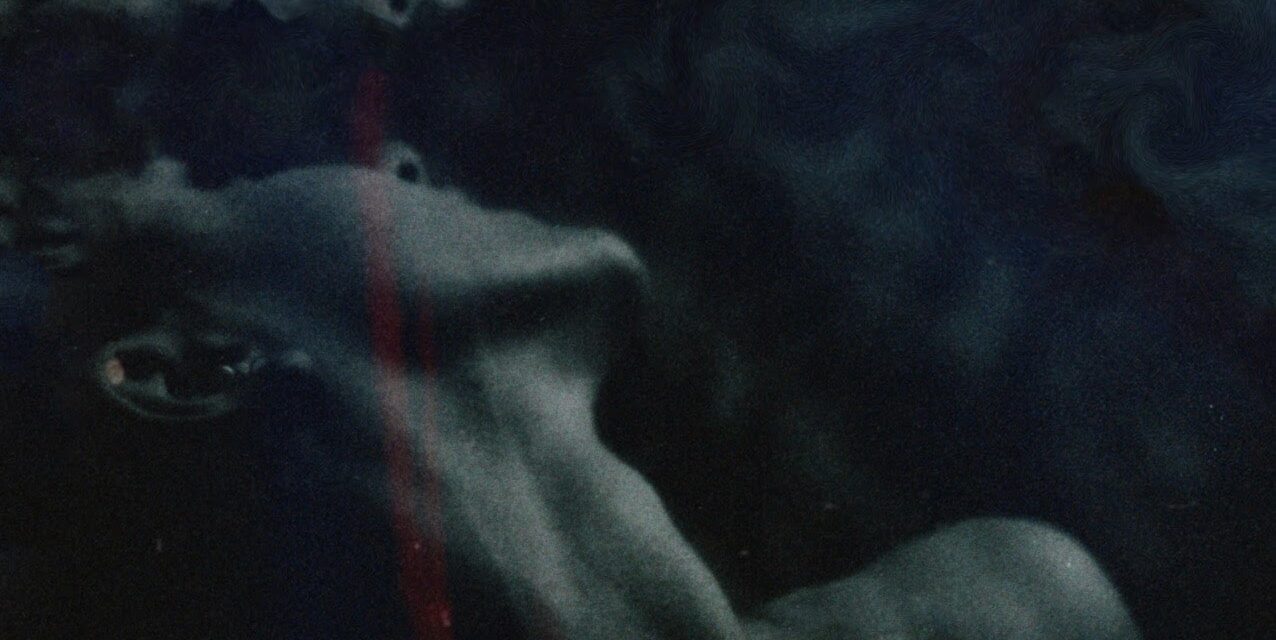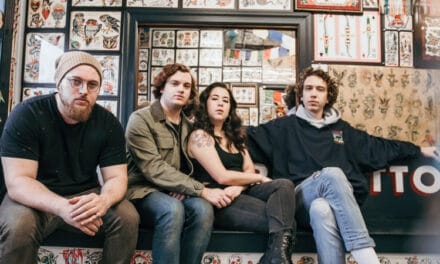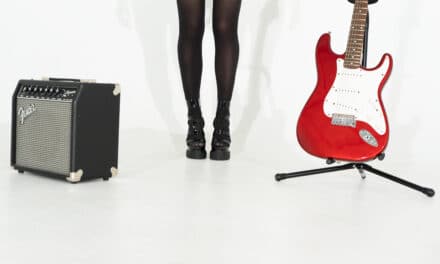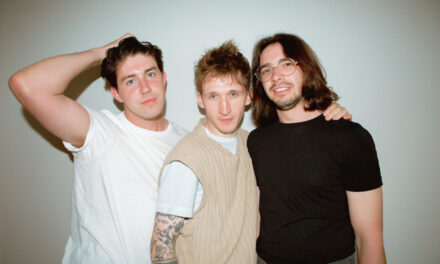Taylor Pearlstein shares the first single from the forthcoming EP Perfect Blue. “Sandman” is an ethereal work, reminiscent of the intricate sounds of artists such as Weyes Blood and Phoebe Bridgers. Pearlstein says this of the track:
“We start with “Sandman,” asking for the comfort of a lie.”
Perfect Blue tells a disorienting story of self-delusion, reality weaving, and over-romanticizing to the edge of our own destruction and misery. This five track EP wastes no time diving deep into our dark desire to be wanted, purely and perfectly. With intentionally oversaturated and distorted orchestration shifted against an exposing reality, we struggle to parse what is real from fabrication.
Tell us about Sandman. How did you get inspired to write this?
It’s kind of simple and silly, but that’s true with most heartbreak. I was 23, fresh out of a fling with someone who ultimately chose a past lover over me. I’d also just been given a kalimba, and had no idea how to play it, but I promptly wrote a simple lullaby for my sad self, which you hear as the thread of the track. I wanted to believe that it was hard for them to leave me behind, but it wasn’t. So I made up that story for myself. I think delusion was the only way I could get through that kind of rejection.
How does it fit into Perfect Blue? What’s the main vibe of the EP?
The EP is all about that level of delusion we plunge to with Sandman. Each song digs us deeper into a disorienting, desperate alternate reality, and it’s entirely self-spun. People say “romanticize your life” like it’s a beautiful and healthy thing, but we don’t acknowledge how powerful and dangerous it can be. Perfect Blue goes directly to the darker side of that spectrum, through the denial and distortion of over-romanticizing, and out to the other side once the fever finally breaks.

You say Sandman represents the comfort of a lie. Care to elaborate?
The verse is all questions, but we really don’t want the answer. We won’t like it. So instead, we go straight to the fantasy. It’s this honestly very sad delusion, because it’s not even about mourning the love we lost out on. We just want to be perfect and desired in our defeat, beautiful in our agony, even in the face of blatant rejection.
Do you define yourself as a bedroom artist or what else?
I would, I think. I certainly create, write, record in my bedroom, and I really thrive on the intimacy with myself in that creative element. Even when I take a project like this outside of my space, I’m very particular about it feeling intimate and not overproduced. I want it to sound like you’re sitting at the foot of my bed sharing a story with me.
What are some of your influences sound wise?
I love Weyes Blood and Lana Del Rey, the earnest dramatics in their music. Even James Blake, I’m inspired by how unafraid of mood he is.
Same question but lyrics-wise
My earliest influences are artists like Regina Spector, Imogen Heap, Laura Marling, Sara Bareilles. I’ve always been attracted to story-forward lyrics and near cinematic soundscapes.
What’s the best way for your creative self to surface and operate? What do you do to get inspired
It’s a balance, but alone time is huge. I like having privacy to let all the really icky stuff come out, so I can knit it all together and then have something cool at the end. And when the experience feels stuck, I like to play in other mediums, like film or studio art. It usually shakes me loose. But mostly, actually living life gets my creative self flowing. When I try too hard to make art that I forget I’m a person, my art gets really bad. If I want things to write about, I have to live, and that takes time.





